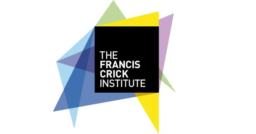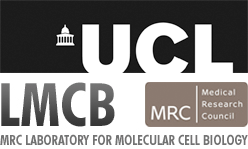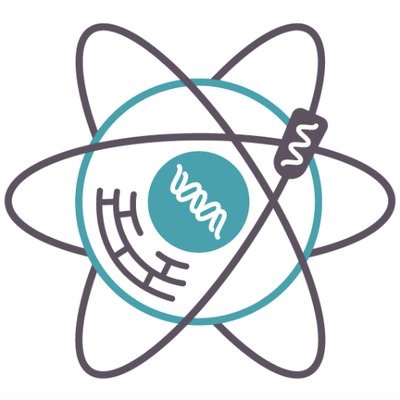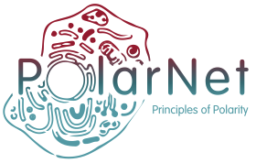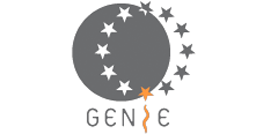On 1 April 2015, the laboratories of the London Research Institute became part of the new Francis Crick Institute (the Crick). The Francis Crick Institute is a consortium of size of the UK’s most successful scientific and academic organisations - the Medical Research Council, Cancer Research UK, the Wellcome Trust, UCL (University College London), Imperial College London and King’s College London. The Crick is a state of the art, multi-disciplinary biomedical research centre dedicated to understanding the basic biology underlying human health.
"The Medical Research Council Laboratory for Molecular Cell Biology is a centre for research into fundamental aspects of cell function and their links to human disease. The Institute is located in the heart of the Gower Street Campus of University College London (UCL) and currently houses 15 research groups funded by the MRC, Cancer Research UK, The Royal Society, The Wellcome Trust and University College London." - LMCB Website.
The Institute for Physics of Living Systems (IPLS) is a cross-faculty institute at UCL promoting interdisciplinary approaches combining physics and biology to understand fundamental properties of living systems.
The institute aims to support existing collaborations and facilitate new interactions between theory and experimental groups across UCL.
PolarNet is a European-wide research and training consortium bringing together academic and private partners from seven European countries to study the basic principles of cell polarity. This multi-disciplinary initiative will combine a variety of model systems with cutting edge approaches including genome modification, biochemistry, live imaging, optogenetics, quantitative image analysis, biophysics and theoretic modelling to uncover the mechanisms for how cells polarise. Beginning October 1st, 2015, this programme will fund 15 PhD students in labs throughout the network as well as scientific exchange, training and collaboration between network labs. For more information (or to apply for a PhD position), see the PolarNet website.
GENIE (Group of Elegans New Investigators in Europe) aims to promote knowledge and people exchange across European young worm groups, enhance Europe-wide collaborations and short-term mobility, and raise the profile and exposure of young european worm groups.
